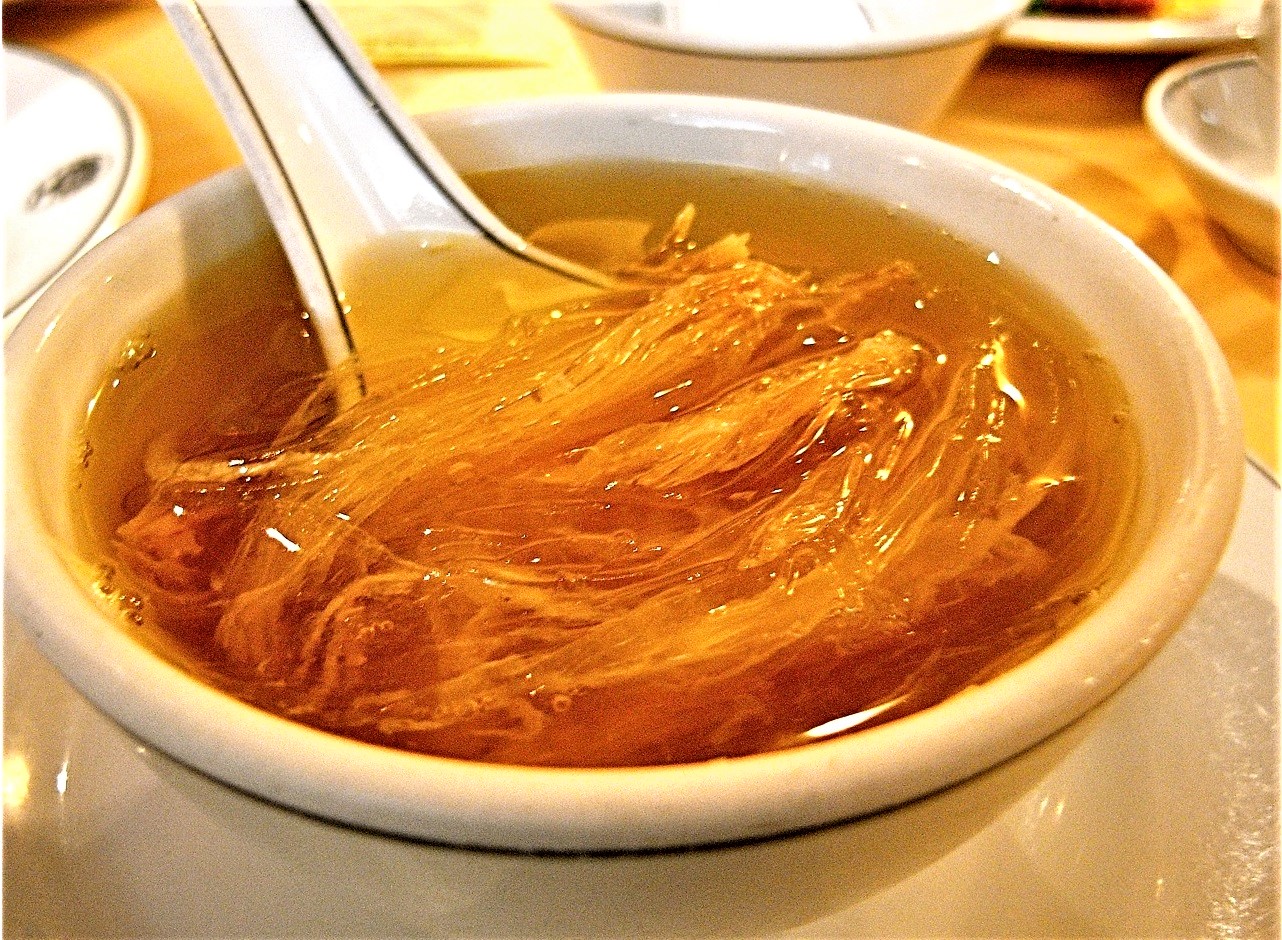Shark finning, the issue I am exploring this semester, is rooted in hundreds of years of culture, especially in Asia. When talking about community organizing in the context of shark finning, it’s important to consider to which community one is referring. Particularly in China, shark fin soup, is a delicacy served at special occasions such as weddings, banquets, or as an overall luxury item. Shark fin soup is an indicator of wealth, is a display of respect and honor upon guests, and is supposed to bring about good fortune to whoever drinks it.

That being said, the global industry of shark finning is driving several species to extinction. Because of this, several organizations have arisen to the challenge of protecting these creatures. Some examples include: the Sea Shepherd Conservation Society, WildAid, Shark Trust, SharkProject International, the IUCN Shark Specialist Group, the World Wildlife Fund, Nature Conversancy, Ocean Conservancy, StopSharkFinning.net, the Sea Save Foundation, and countless others. Admittedly, it can be difficult to participate directly in this issue if one doesn’t live on the coast or near any major fishing industrial sites. Another challenge is that, since shark fins are mainly exported to Vietnam and China, they’re not being consumed here, and it’s more difficult encourage people who live outside one’s community, let alone on the other side of the world, not to consume this product. Additionally, shark finning is illegal in the United States, thanks to the Shark Finning Prohibition Act and the Shark Conservation Act of 2010 (which was signed to close a loophole exposed by the court case United States v. Approximately 64,695 Pounds of Shark Fins). Unfortunately, the black-market export of shark fins from the United States is still very much alive, and the import of shark fins from other countries is still very much legal. Community organizing becomes more difficult when the community must be defined more broadly than locally; this issue is worldwide, but it mostly doesn’t touch American boundaries.
In terms of the Justice-Oriented Citizen model, a Personally Responsible Citizen would likely donate to an organization that opposes shark finning. A Participatory Citizen would sign a petition, educate his/her friends, and call his/her representative. A Social-Justice Oriented Citizen would dig deeper, considering the nuances of the issue, such as why shark finning still occurs in areas where it’s been outlawed (i.e. poaching laws and environmental regulation enforcement), how shark finning got its roots in Asian cultures, etc.
As there is currently no Ted Talk about the issue of shark finning, I watched a series of videos on the topic, including “Shark Finning Cruelty” by The Humane Society of the United States and “Shark Finning” by Shark Academy. From these videos, I learned more about the process of de-finning the shark and how it has impacted the industry. Shark finning wasn’t too big of an issue when it started out in the Ming Dynasty. However, as fishing practices have become more efficient, more sharks have been captured and de-finned. Today, this means the massacre of over 100 million sharks each year globally. Also, shark fins don’t contribute to the taste of the soup, only the texture, so it greatly resembles chicken noodle soup both in taste and consistency.
